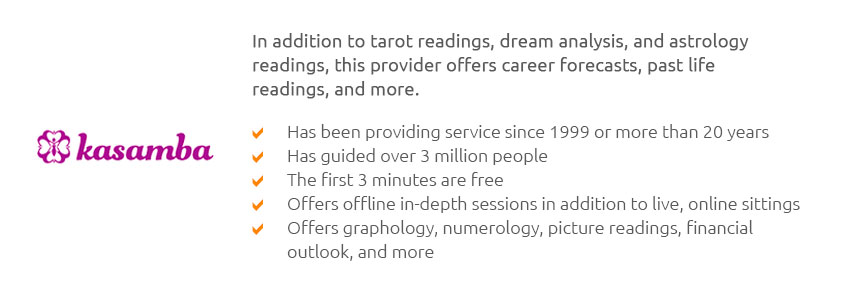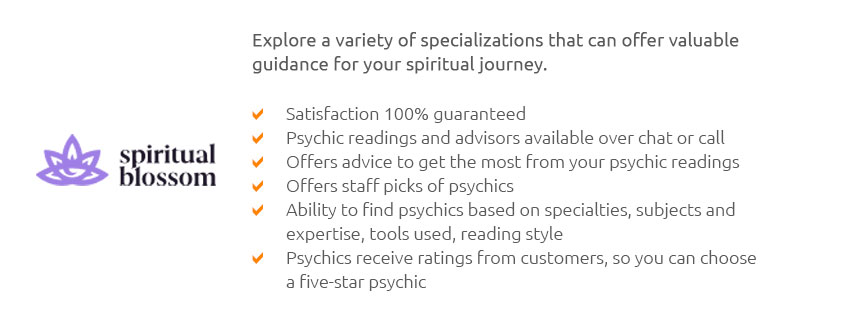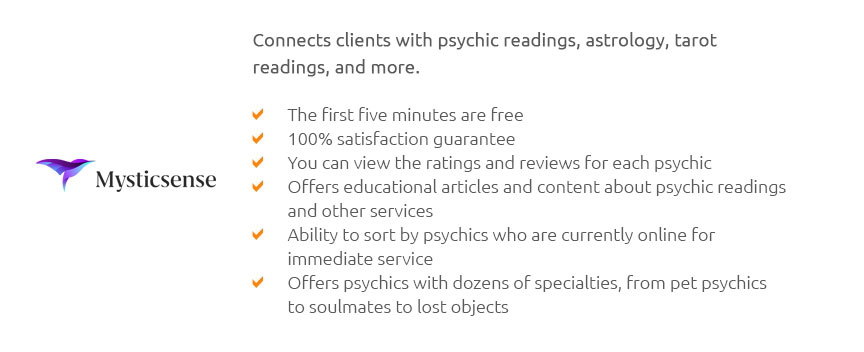 |
 |
 |
|---|
 |
 |
|---|
 |
|
|---|---|
 |
 |
 |
 |
 |
 |
 |
 |
 |
 |
 |
 |
|---|
The Role of a Spiritual Advisor: Insights and Missteps to AvoidIn an era where spiritual exploration is becoming increasingly significant, the role of a spiritual advisor is often sought for guidance, solace, and personal growth. These advisors, drawing from a myriad of traditions and philosophies, offer profound insights and support that can help individuals navigate life's complex journey. However, despite their invaluable presence, there are common misconceptions and pitfalls that one must be aware of when engaging with a spiritual advisor. Firstly, it is crucial to understand the scope of what a spiritual advisor does. They are not necessarily counselors or therapists, although some may have overlapping skills in these areas. Their primary focus is on spiritual growth and understanding, often guiding individuals through meditation practices, exploring religious texts, or simply helping them find peace and clarity in their beliefs. Misunderstanding this role can lead to misplaced expectations and potential disappointment. One common mistake is relying too heavily on a spiritual advisor for personal decision-making. While their insights can be incredibly valuable, it is essential to remember that the ultimate responsibility for choices lies with the individual. A spiritual advisor can illuminate paths, but they cannot, nor should they, make decisions for you. This autonomy is a vital component of spiritual growth. Another pitfall is failing to do personal reflection. A spiritual advisor's guidance is most effective when paired with personal introspection. Engaging with their teachings requires an open mind and a willingness to examine one's own life critically. Simply attending sessions or meetings without this personal commitment can limit the benefits of the advisor's wisdom. Additionally, selecting the right advisor is crucial. Not all spiritual advisors will be a perfect fit for every individual. It is important to find someone whose philosophy aligns with your own beliefs and who resonates with you personally. A mismatch can lead to confusion rather than clarity, hindering your spiritual journey.
In conclusion, a spiritual advisor can be an invaluable guide on the path to self-discovery and spiritual enlightenment. However, like any journey, it requires active participation and discernment from the seeker. By understanding the role of a spiritual advisor, maintaining personal responsibility, and choosing the right guide, individuals can avoid common missteps and truly benefit from the profound wisdom that these advisors offer. https://www.reddit.com/r/Catholicism/comments/l5hhqm/questions_about_spiritual_advisor/
What exactly is a spiritual advisor, what do they do? Are all Catholics supposed to have one or is it just recommended or not recommended? https://josephinerobertson.com/spiritual-advisor/
A spiritual advisor offers guidance, and suggestions. They may point out a direction you should try, or act as a mirror as you discern your path. https://spirituallife.northeastern.edu/spiritual-advising/
In one-on-one meeting, Spiritual Advisors (SAs) offer assistance and support for a wide range of spiritual and personal needs. All are welcome!
|
|---|